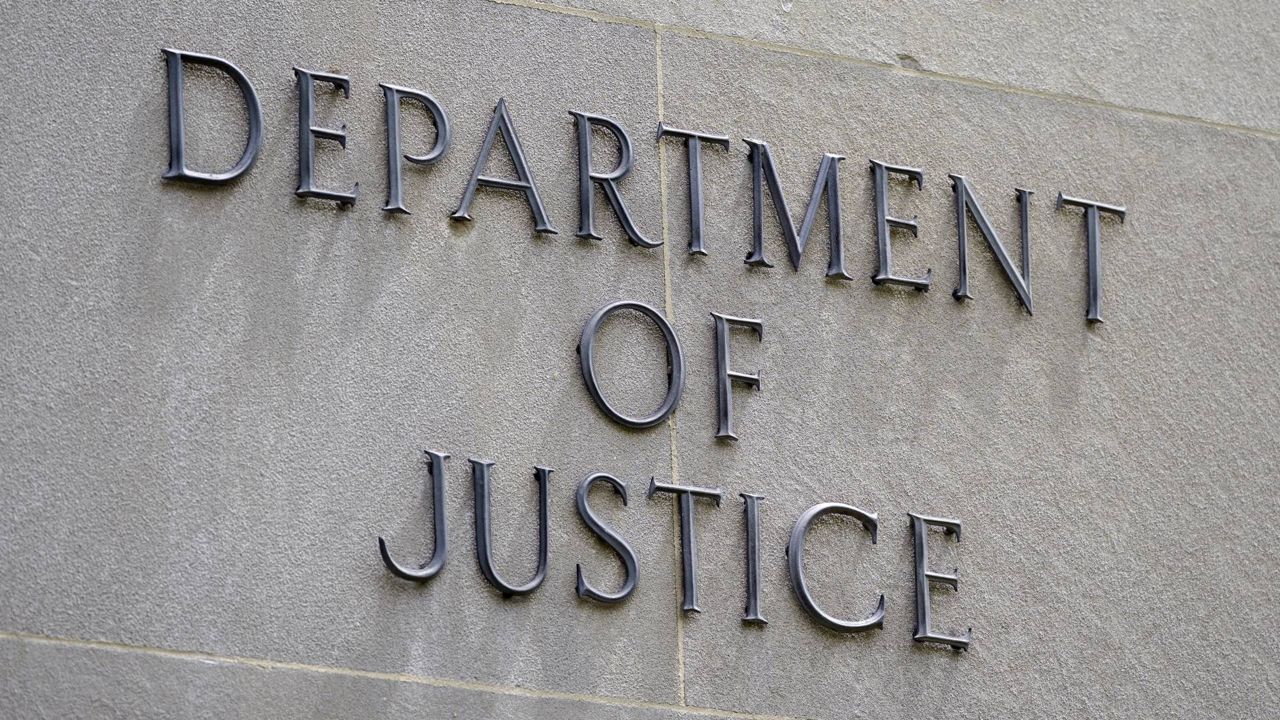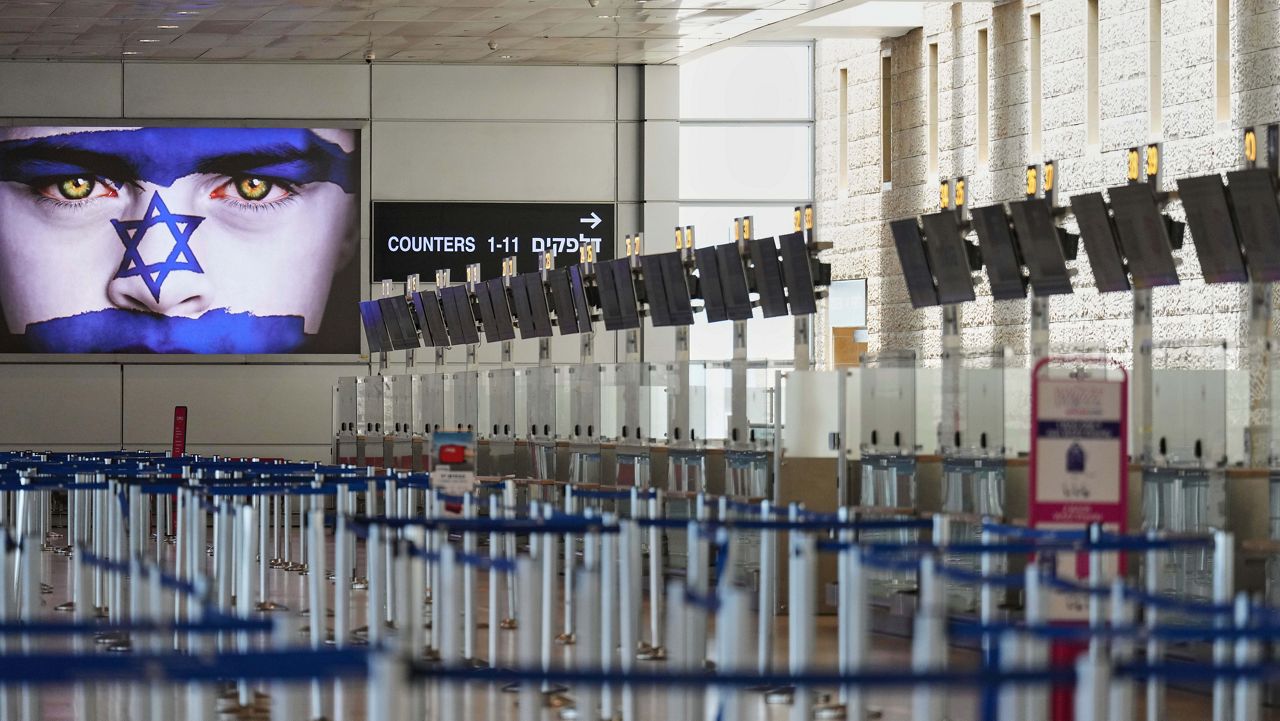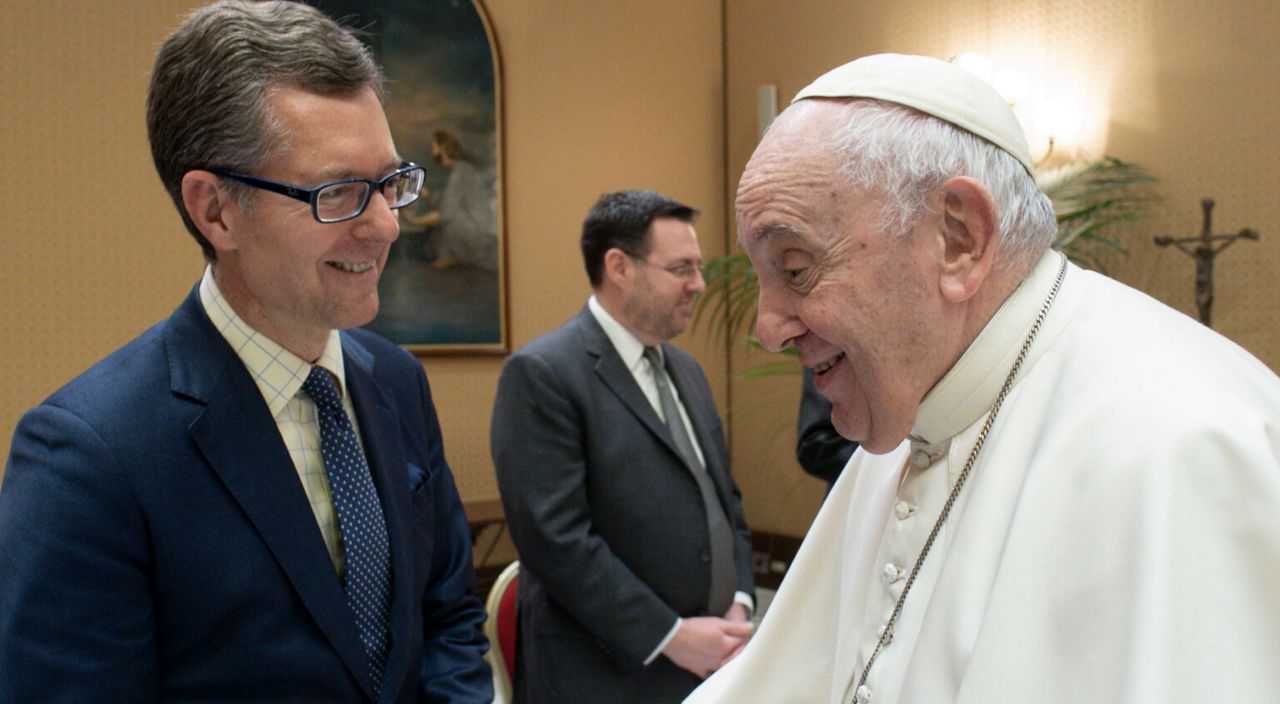CHARLOTTE, N.C. — The North Carolina Department of Adult Correction will expand religious opportunities in state prisons, ending a federal investigation into religious freedoms in state prisons.
The settlement makes kosher meals available to inmates during Passover and allow Seders and reduces the minimum number of people needed for a religious gathering.
“This agreement will protect the religious practices of incarcerated people across North Carolina by allowing members of minority faiths to gather, worship and study,” said Assistant Attorney General Kristen Clarke of the Justice Department’s Civil Rights Division. “Whether at home with their families, in houses of worship, or behind bars, every person should be able to celebrate religious holidays and gather with their communities of faith.”
The state said it has adopted a policy that reduces the minimum number of people for group worship to two and no longer requires the presence of a faith helper for religious gathering.
"Under the prior policy, NCDAC had minimum participant and faith helper requirements for congregate religious practices by 'minority faith groups' that often prevented these groups from gathering for worship, celebration and study. Minority faith groups were defined as non-Christian faiths, including adherents of Islam or Judaism," the DOJ said in a news release.
The new policy will allow Jewish inmates to receive kosher food during Passover and "provide the opportunity for people who observe Passover to participate in two Seder ritual observances, which will include a Seder plate of ceremonial foods," according to federal officials.
“It is our duty to ensure that incarcerated persons are afforded the same religious rights, freedoms and protections as any other citizen,” said U.S. Attorney Dena King for the Western District of North Carolina.









